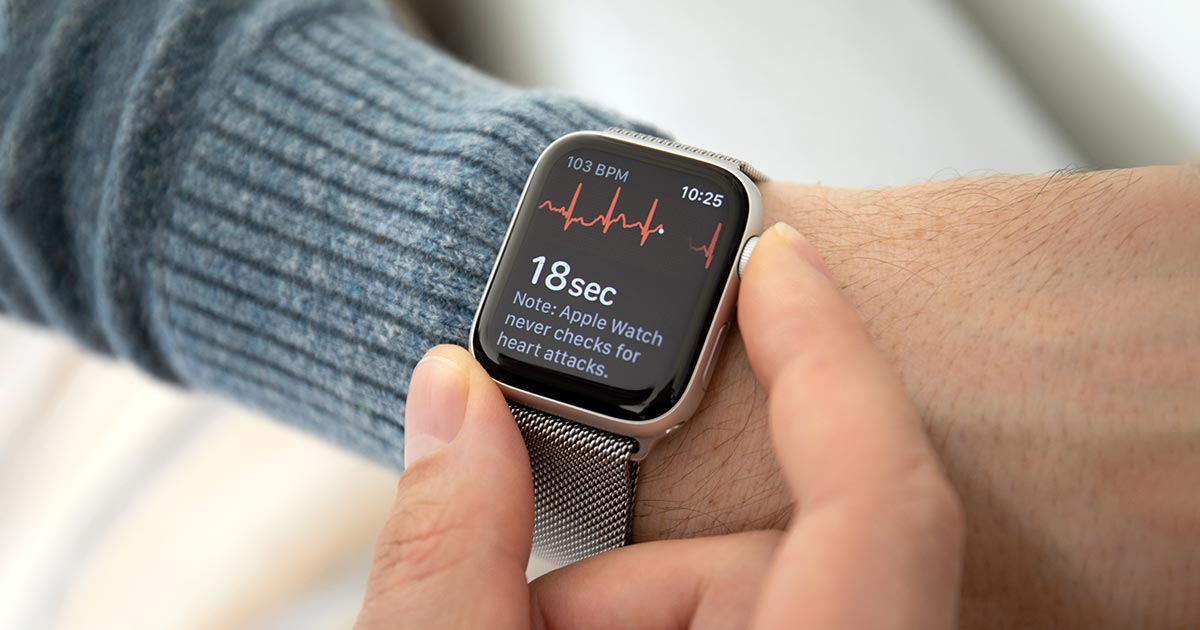
-
Latest Updates Make TrialKit Coder an Optimal Solution for Event and Medication Coding
Crucial Data Solutions, Inc. has released a new version of its medical coding platform, TrialKit Coder, to provide users with enhanced features and greater configurability.
-
6 Ways EDC Systems Can Benefit Preclinical Labs
Preclinical labs, which have typically relied heavily on spreadsheet-based data collection, are perfect candidates for electronic data capture. Read on for several ways EDC offers improvements to preclinical research.
-

New to Using EDC? TrialKit Makes Paperless Clinical Trials Simple
The TrialKit platform was designed to be simple enough to learn for first time EDC users but sophisticated enough to handle late phase trials and studies with complex sets of data.
-

ePRO Now Available on Android Devices via TrialKit
TrialKit’s ePRO functionality, now available for download on Google Play, can be easily accessed by clinicians and patients alike from any smartphone or tablet.
-
EHR to EDC Interoperability: Problem Solved
Two cutting-edge software companies have solved the dilemma of retrieving unstructured EHR data and populating EDC with structured clinical trial data.
-
TrialKit™ Allows Researchers to Easily Employ Core Motion and HealthKit™ on iPhone® and Apple Watch® in Clinical Trials
TrialKit, a fully-featured eClinical platform, utilizes the latest in mobile technology to provide researchers with the most efficient method for clinical trial data collection. It is a regulatory compliant, ready-to-use native mobile app offering numerous features, including medical coding and ePRO.
-

6 Downfalls of Paper-based or Spreadsheet Methods for Clinical Data Collection
A number of contributing factors can leave research teams feeling dependent on paper-based or spreadsheet data collection and apprehensive to transition to EDC. However, this traditional method has significant downfalls to consider.
-

Our Role in Patient Centricity
At Crucial Data Solutions, we believe the clinical research industry is currently at a pivotal point in terms of patient centricity. As a data collection and study management software provider, we strive to improve the patient experience through user-friendly technology.


